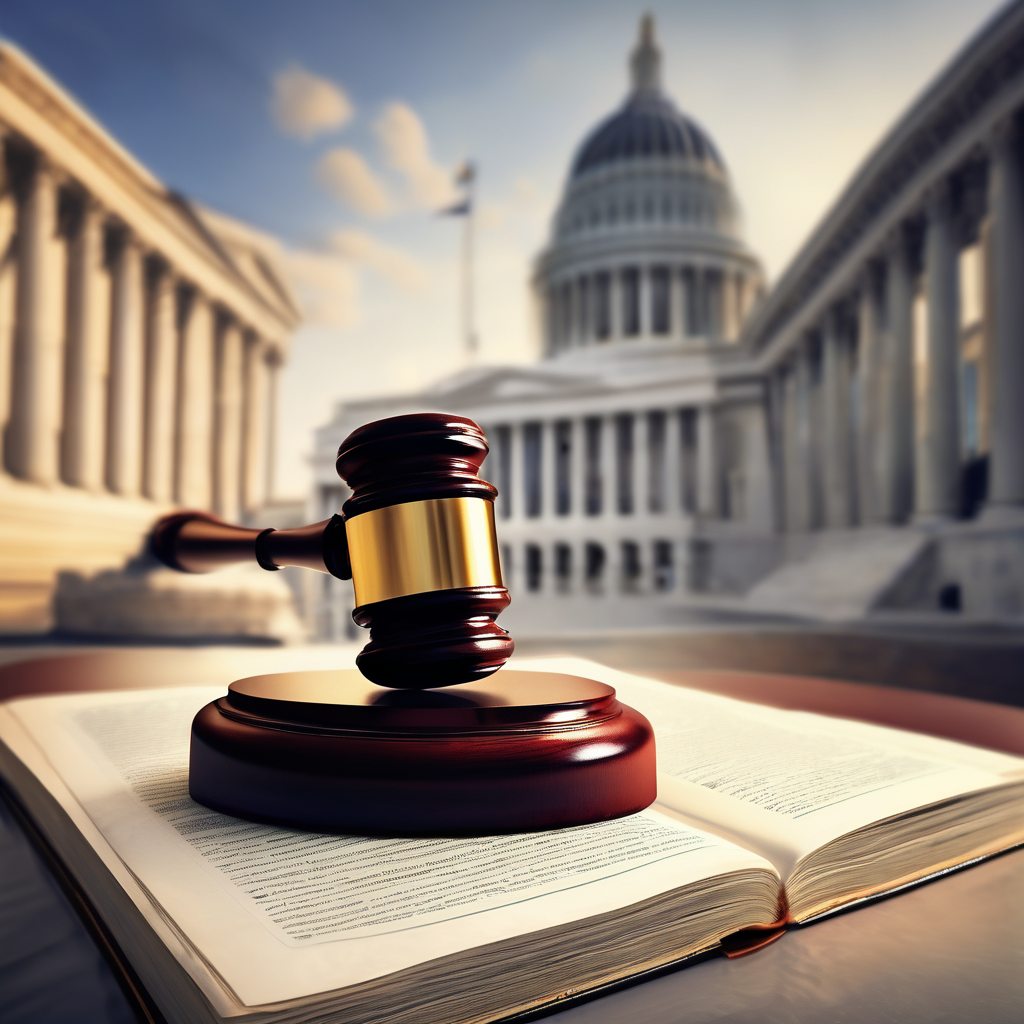Law firms engaged in agreements with the government that may influence or restrict their legal practices must carefully evaluate the ethical implications of such deals, according to an ethics opinion released in October by the District of Columbia Bar. This insight comes in light of increasing scrutiny on the professional conduct of legal representatives when engaging with governmental entities.
The D.C. Bar’s Ethics Opinion 391 does not overtly address specific arrangements made by nine law firms with former President Donald Trump, which aimed to avoid punitive executive actions. These arrangements require the firms to provide a total of $940 million in pro bono support for initiatives associated with Trump. However, such agreements exemplify the type of arrangements the opinion seeks to illuminate.
Among the primary concerns outlined in the opinion are potential conflicts of interest. Lawyers are mandated to represent their clients with unwavering zeal and diligence. This obligation extends to ensuring that each client receives conflict-free representation, as a conflicted attorney may inadvertently compromise their advocacy for their client.
Representation may continue only if the lawyer discloses the conflict and secures informed consent from the client. However, obtaining thorough disclosures can be complicated if the law firm is unaware of which of its actions may provoke adverse governmental consequences. This uncertainty can hinder the validity of conflict waivers.
Additionally, the opinion emphasizes that lawyers cannot enter into agreements that restrict their rights to practice. Such restrictions could undermine their professional independence, as external pressures may improperly limit their exercise of judgment regarding client acceptance and services offered.
Furthermore, the ethical challenges are not isolated to lawyers representing private clients; those negotiating similar deals on behalf of governmental bodies must also adhere to the same ethical standards regarding the right to practice and ensuring professional independence.
This ethics opinion serves as a crucial reminder for legal professionals about the importance of maintaining ethical integrity when navigating complex relationships with the government, ultimately underscoring the need for transparency and accountability in legal practices. The perspectives shared through this opinion may foster a more ethically-aware environment within the legal community, encouraging firms to prioritize their professional responsibilities while engaging in governmental partnerships.
